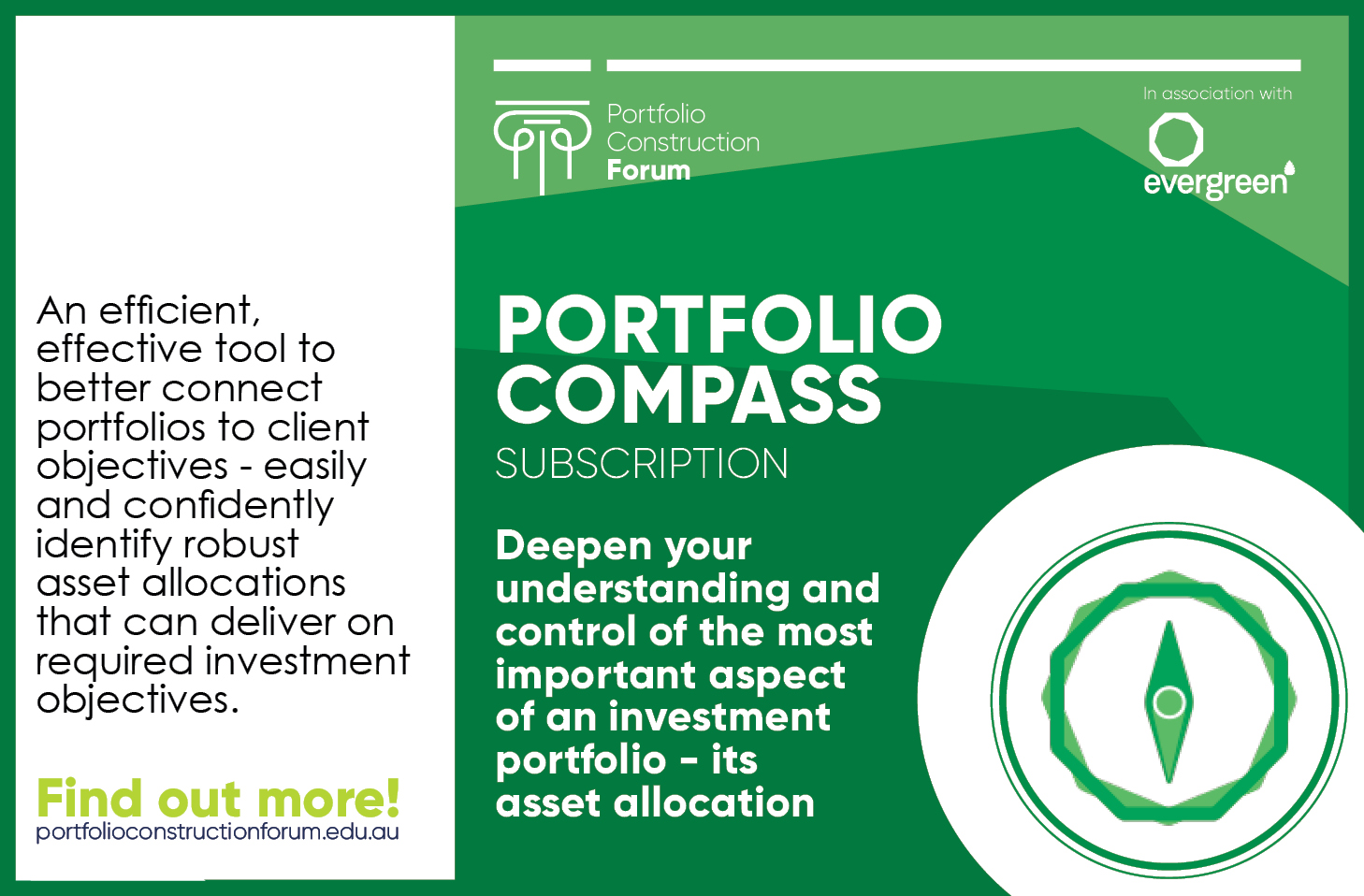Deglobalisation will hurt growth everywhere
Kenneth Rogoff | Harvard University | 15 June 2020
The post-pandemic world economy seems likely to be a far less globalised economy, with political leaders and publics rejecting openness in a manner unlike anything seen since the tariff wars and competitive devaluations of the 1930s. And the by-product will be not just slower growth, but a significant fall in national incomes for all but perhaps the largest and most diversified economies.
In his prescient 2001 book The End of Globalization, Princeton economic historian Harold James showed how an earlier era of global economic and financial integration collapsed under the pressures of u...







